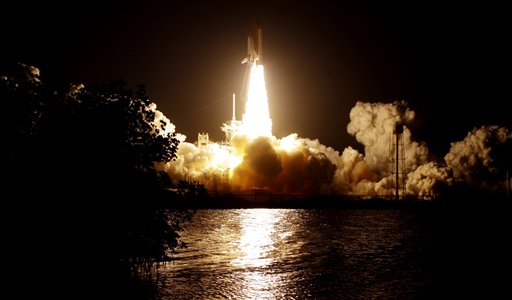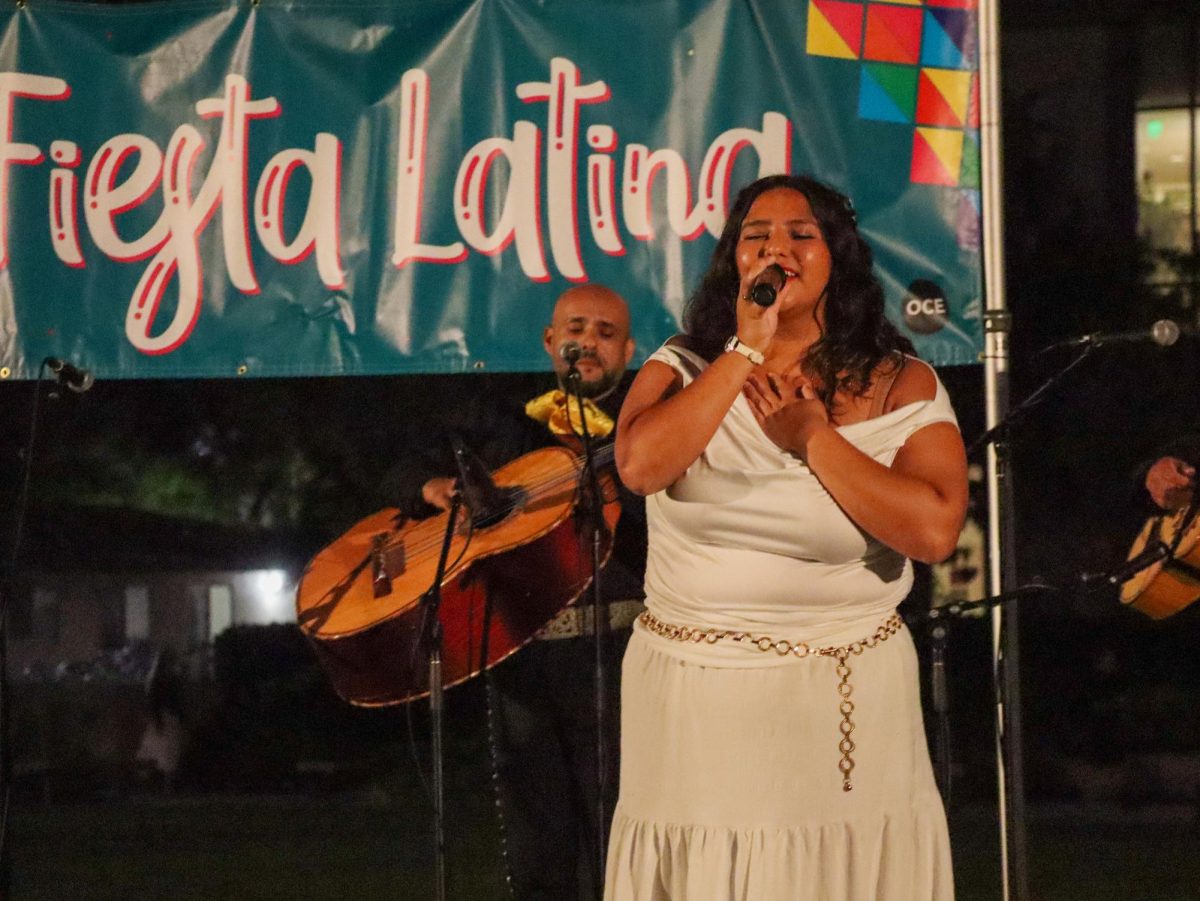Joe Acaba of Anaheim, a former middle school teacher, will join former schoolteacher Richard Arnold as mission specialists on the Space Shuttle Discovery, which lifted off from Cape Canaveral, Fla. on Sunday, March 15. How does this relate to Biola? While former teachers Acaba and Arnold are going into space, Biola University’s brand new department of education is raising up teachers to bring the space program into the classroom.
The fact that teachers are on the space shuttle indirectly affects the education field as a whole, according to Debora Taylor, chair of the education department at Biola.
“Space exploration can now be a topic for discussion in the classroom,” she said.
In middle schools and high schools all around the country, teachers have an opportunity to connect this real world event to things that the students are learning.
“Education is about learning, and our adventures in space are also about learning,” said Taylor. Whether it takes place in a classroom, or outer space, we are always learning.
Astronauts Acaba and Arnold are learning as well. Their job, as mission specialists on this trip, is to help install the two solar panels that will complete the space station and provide the necessary power for the crew to conduct research. If all goes according to plan, they will also be the first schoolteachers to go on a spacewalk. With this mission, these two educators hope to bring enthusiasm for space exploration back to the classroom.
Unfortunately, money plays a large role in deciding the fate of the U.S. space program. According to an online article in the Los Angeles Times, President Obama stated that NASA needs a mission suitable for the 21st century. Right now, NASA is having a lot of trouble getting off the ground and part of the problem is a lack of funding. Obama does not want the space program to simply “limp along,” which he feels is what it is doing right now. There is a lot of money being spent on the space program, and it is not acceptable to the current administration for it to be mediocre.
While space exploration can yield discoveries one cannot imagine, vying for federal dollars can be a challenge in our present economy. Taylor agrees.
“[Space Exploration] has a lot of potential, but it shouldn’t be financially irresponsible,” she said.
According to Taylor, the debate will continue about whether the space program is spending wisely, but regardless, if it wants to continue, it needs to keep people interested. This is one reason Biola’s department of education is training teachers in the science field; Biola is being proactive in this area. They have discovered a need and are choosing to fill that need.
If no one is interested in space exploration, then space travel as we know it will be forever sitting on the launch pad, with its potential untapped. For now, though, we can be thankful that there still is a program. The Space Shuttle Discovery and its current mission is a highlight of that program.







